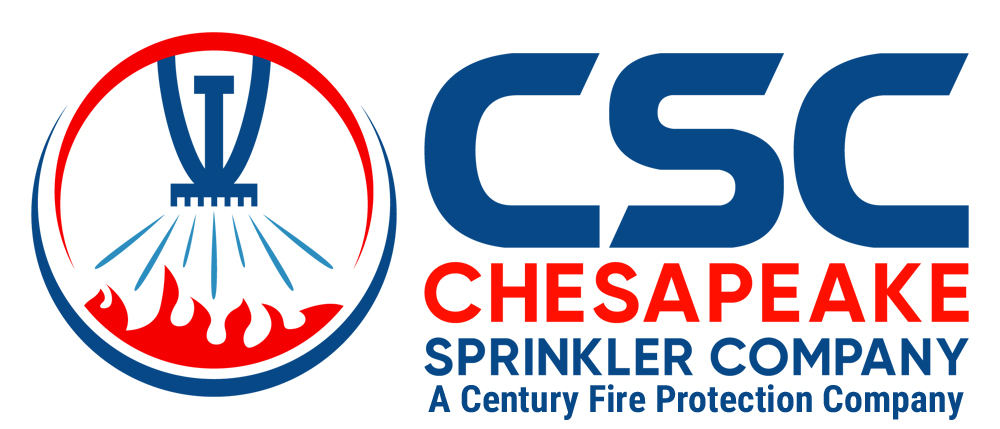Commercial kitchens present many fire hazards without the proper caution or fire protection systems. The open-flame environment and the use of many hot appliances can lead to a fire emergency if workers aren’t well-trained on safety precautions in a commercial kitchen or are negligent. When you understand commercial kitchen fire hazards, you can minimize risk, prevent property damage, reduce business downtime, and, most importantly, protect people from injuries or worse. Here are five commercial kitchen FAQs to consider.

Consider these FAQs for your commercial kitchen.
Why is Fire Protection so Essential in a Commercial Kitchen?
Oil, fat, and grease are flammable. Since restaurant or hotel employees use these substances so often when cooking, misusage could lead to thousands of fires in commercial kitchens and millions in damage every year. An effective fire suppression system is one of the most vital elements of a restaurant or building with a commercial kitchen. Your fire suppression system should include a hood system, a chemical fire extinguishant, and several K Class fire extinguishers. With these in place, you can respond to a fire in your kitchen before it spreads rapidly.
How Often Should I Have My Kitchen Hood Cleaned and Inspected?
Many NFPA hood inspection requirements vary based on the frequency and type of cooking you do in your kitchen. However, a few standard conditions apply to every kitchen hood. NFPA 96 mandates that all kitchen hoods need frequent cleanings and scrubbings down to the bare metal. There also shouldn’t be any grease or oil contamination remaining on the hoods or vents. Also, avoid covering or treating kitchen hoods because this could stop them from trapping grease effectively.
Finally, NFPA 96 mandates that a licensed fire protection company should carry out kitchen hood inspections. If your kitchen has an abnormal accumulation of grease, it might require more frequent cleanings and examinations.
How Can I Prevent a Commercial Kitchen Fire?
Annual inspections of your fire protection systems and regular cleaning of your kitchen hood vent will help prevent fire emergencies as well as the following:
- Keeping your kitchen clean and organized: Many commercial kitchens have accumulated kindlings that could ignite at any moment. Oil and grease can stick to the walls. Cardboard boxes and wooden pallets from deliveries sit around often. Also, the accumulation of food waste and packaging can build up, increasing the chances of a fire. It’s best to keep a clean and tidy kitchen to minimize risk.
- Please pay attention to the grease: It’s best to empty grease traps on flat-top grills and kitchen hoods. You can regularly replace the oil in your deep fryers to prevent flare-ups. You’ll also want to clean off the grease that builds up on your walls and your hood. Otherwise, cooking explosions can ignite this grease, which can spread quickly throughout your kitchen in only minutes.
What is the Best Type of Fire Extinguisher for a Commercial Kitchen?
We already mentioned that a Class K extinguisher is the best. But why? Class K fire extinguishers best put out fires caused by cooking oil or fat by smothering and cooling flammable grease to prevent the fire from igniting again. We hope this commercial kitchen fire FAQs content was informative and will put you one step closer to protecting your commercial establishment. Please contact Chesapeake Sprinkler today if you’re due for an inspection.
Contact Chesapeake Sprinkler Company Today!
Chesapeake Sprinkler Company is a leading fire sprinkler contractor in the region, which is now a 100% employee-owned (ESOP) company. As a full-service fire protection company, we offer design, fabrication, installation, testing, maintenance, and inspection of fire protection systems—everything you need from your fire suppression specialist.
For more information, please email or call our Odenton location at 410-674-7041, our Ashburn location at 703-729-5150, or for service/maintenance Chesapeake Protection Services at 410-674-7577. Feel free to keep in touch through Facebook, Twitter, or LinkedIn!
